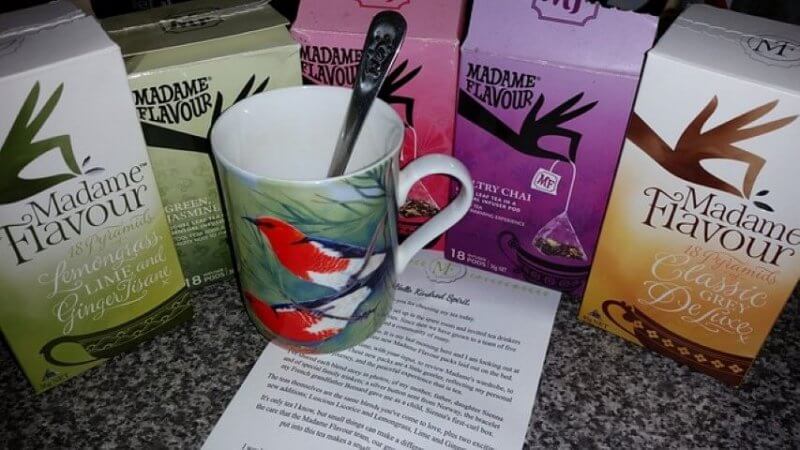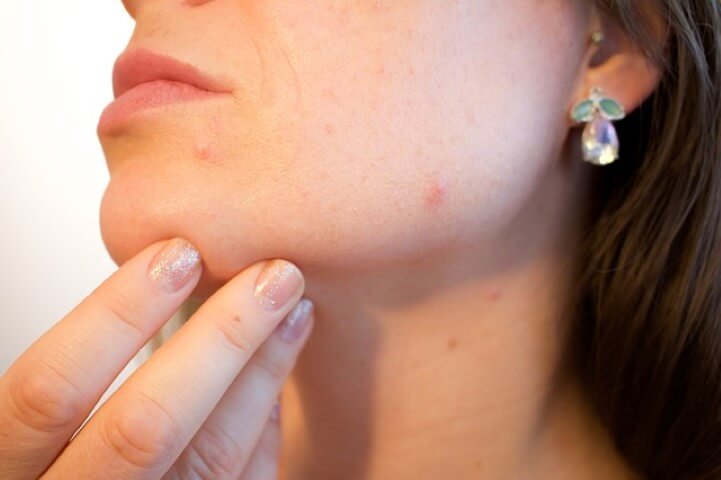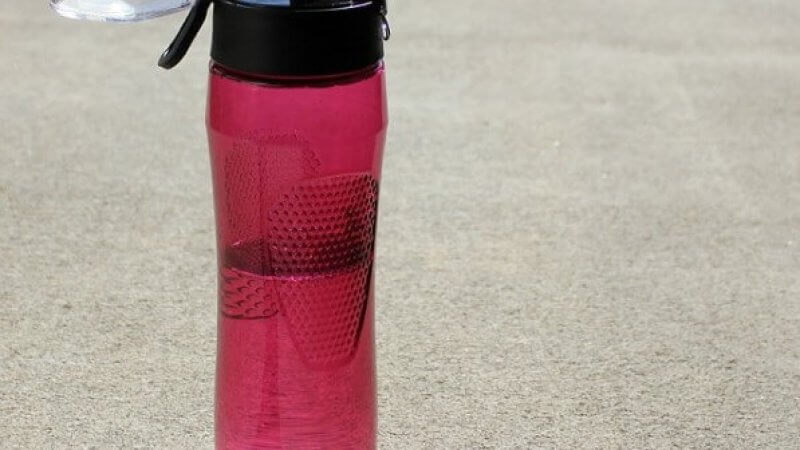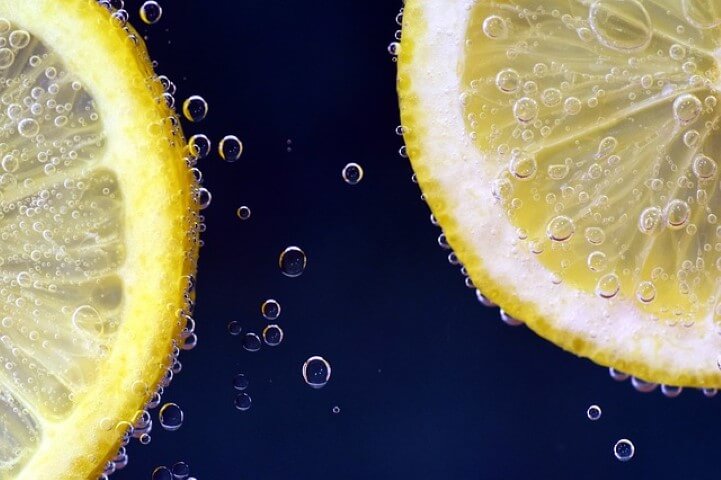Life doesn’t exist without water, so let’s start with some general facts about the importance of hydration and health benefits in ageing; some you’re probably aware of, but others may surprise you.
[This is a guest post by Wendy Hodge from Wendy’s Way to Health. Wendy is a Precision Nutrition certified coach who takes a commonsense attitude to healthy eating and exercise. As always please seek specific advice suited to your particular needs and issues]
The importance of hydration and health benefits
1. Our bodies are made up of 70% water and it plays a vital role in just about every bodily function. A drop of just 2% in body water can trigger fatigue, brain fuzziness and difficulty concentrating.
2. We can go for weeks without food, but only 3 days without water.
3. Dehydration can occur at any time of year, not just Summer. The dryness of Winter can actually dehydrate the body even more quickly than Summer heat.
4. It used to be thought that caffeinated beverages, especially coffee, had diuretic effects on our kidneys. However recent studies are showing that the water loss from drinking coffee may not be as significant as we first thought.
5. Drinking the right amount of water can provide relief from many common ailments such as headaches, fatigue, joint pain, and much more. However the recommended amount varies, depending on things like how active we are and how much we sweat.
6. Water helps to protect our heart and may help to prevent heart attacks. Our blood is more than 90% water, so if we don’t drink enough water, our blood can thicken, which in turn increases blood pressure.
7. Water may assist with weight loss. Drinking a glass or two before meals, combined with eating slowly can help you to eat less at each meal.
8. Drinking the right amount of water keeps you alert and active during the day. If you’re feeling tired, it’s often a sign of dehydration. A glass of water and a short walk or stretch will usually do the trick as a quick pick-me-up.
9. Eating plenty of fruit and vegetables is an easy way to stay well hydrated and maintain good overall health.
As I mentioned above, the right amount of water needed daily varies from person to person. Finding the right balance can be tricky though, as you’ll know if you’ve ever attempted to drink more water – it often results in frequent trips to the toilet before you get it right!
A good indicator of your hydration level is your urine. Apart from first thing in the morning when it will be darker, a pale straw colour means you’re well hydrated. Despite point 4 above, I personally try to match every coffee I drink with a glass of water. Nutrition science is still relatively new (which is why it might seem like we’re always being given conflicting information) so I like to keep an open mind and use common sense (like checking the colour of my urine!).

Hydration and health benefits
Here’s a really good reason to hit the gym regularly, especially for older adults. Decreased muscle mass and increases in fat storage used to be an accepted part of the ageing process. Now though, we know that this can be prevented with strength training. Simply incorporating a few body weight exercises into your routine 3 times per week will help to maintain muscle.
So what does this have to do with water, hydration and health benefits? Well, as we age,we’re naturally more prone to dehydration — and muscle cells contain more water than fat cells. Also, our kidneys don’t remove toxins from our blood as efficiently, so they require more water simply to function properly as we get older.
Did you know that our thirst sensitivity diminishes as we age? It’s to do with our hypothalamus, (which controls signals sent from our brain), not sending the message as clearly anymore. So you can’t always rely on thirst as an indicator of needing to drink some water.
Medications and certain conditions such as diabetes can also affect our hydration levels, so it’s important to be aware and adjust your needs accordingly.

Now before this becomes depressing, let’s finish this section on a positive note! Silk pillowcases are said to be gentler on your skin and the silk fibres will help your skin retain its moisture overnight. I have to be honest and admit that even though I learned this fact a while ago, I still haven’t got around to buying any silk pillowcases yet! If you do try them, I’d love to know if you think it makes a difference.
Tips to Stay Hydrated While Travelling

When you’re travelling, carrying a re-fillable water bottle is the easiest way to stay hydrated. That may not always be practical though, so try these little tips for boosting your hydration levels and making them last.
1. Drink a glass or two of water before you go to bed in your hotel or hostel and again first thing in the morning.
2. Coconut water is brilliant for travelling, as its high in potassium and electrolytes, so it can help you stay hydrated for longer.
3. Avoid sugary drinks as much as possible, as your organs have to work harder to process them (meaning more water is removed from your body).
4. Eat fruits and vegetables with a high water content whenever you can: think berries, pineapple, watermelon, tomatoes and cucumber.
5. Be careful with alcohol, tea and coffee, especially when flying; a good idea is to match each alcoholic drink, coffee or tea with a glass of water. Adequate hydration is a key factor in minimising jet lag.
6. Spritzing your face will keep your skin hydrated, as will washing your hands every 2-3 hours. Don’t forget to moisturise, as this helps to lock in moisture and keep skin hydrated.
7. Carry some chia seeds and add them to a glass of water. Chia seeds can absorb up to 30 times their weight in water and they’ll help you stay hydrated for longer.

My final general tip is to add some fruit slices, flavoured ice cubes or a squeeze of lemon juice if you don’t like plain water; or try sparkling water. And on that note, I’m off to get a nice big glass of water!
[Retiring Not Shy! is a participant in the Amazon Services LLC Associates Program, an affiliate advertising program designed to provide a means for us to earn advertising fees by advertising and linking to Amazon.com. If you purchase a product from one of these links it will not cost you any extra, but Retiring not Shy! may earn a small commission. Thank you for supporting us!]
What do you do to maintain your hydration levels? Do you find it difficult when you are busy or when you are travelling? Are there other barriers to your maintaining healthy hydration levels?




